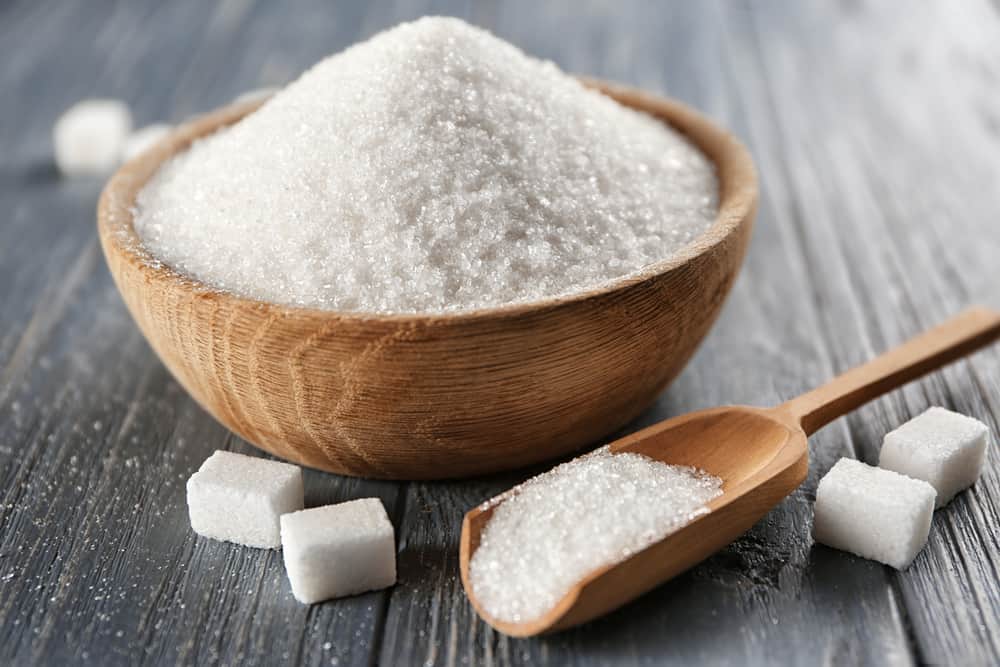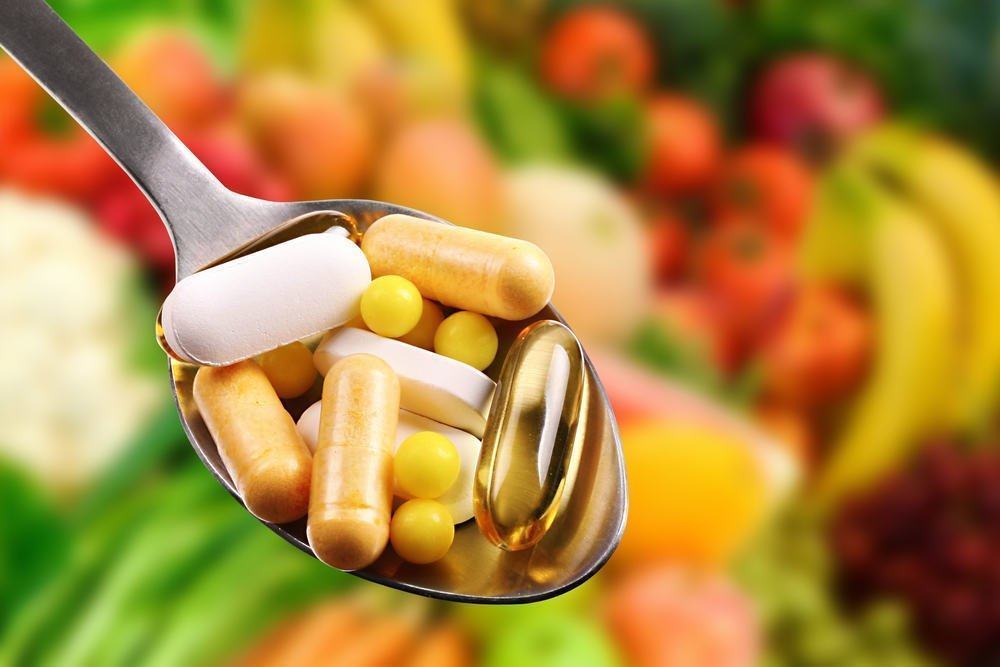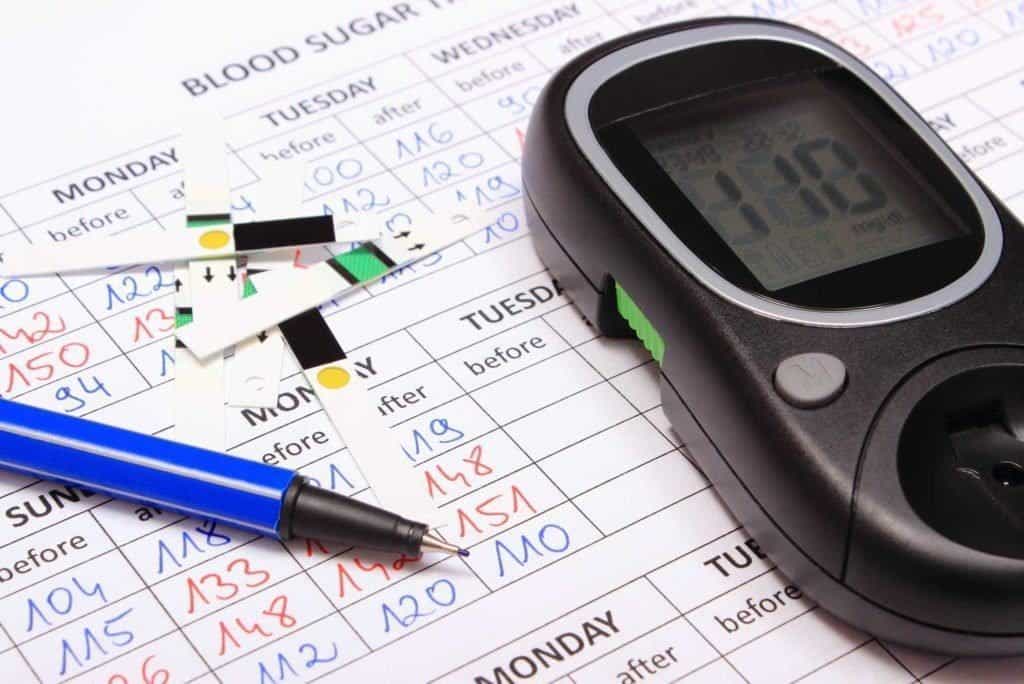Contents:
- Medical Video: How the food you eat affects your brain - Mia Nacamulli
- Golden period of child growth and development
- Children's intelligence is not only measured by their cognitive abilities
- Nutrition is important to optimize the intelligence of the Little One
- Nutrition for intelligence
- Nutrition for physical intelligence
Medical Video: How the food you eat affects your brain - Mia Nacamulli
At the beginning of his life, children experience rapid growth and development. The brain development is no exception.
To achieve optimal growth and development for the child's brain, Mam not only needs to provide the right stimulus, but also must pay attention to the nutrient-rich food needed by the child during its growth period. The reason is, this is one way to support the intelligence of the Little One to help his learning abilities later.
So, what is the nutritional intake needed for your child's brain development? Know the answers in this article.
Golden period of child growth and development
Before knowing good nutritional intake for children's brain development, Mam needs to know the process of brain development of the child. The process of growth and brain development of children takes place very rapidly in the early years of his life, loh!
Actually, the development of the little brain begins when he was still in the womb. So, the fetal brain nerve cells have developed when the Mam content is 2-3 months old, and its formation continues until after he was born. Even when he was 2 years old, the size of the brain of the child reached 80% of the size of the brain of an adult.
Ages 1 to 5 years are golden periods aka the most important years to optimize children's intelligence. This is because, during the ages of 1 to 5 years, the child's brain's ability to absorb information is more maximal than in the years that followed.
Children's intelligence is not only measured by their cognitive abilities
Many parents measure the intelligence of the little one from his cognitive abilities. The definition of cognitive ability or intelligence is the ability to speak and compose words, counting, and knowing objects. However, did you know that actually, the intelligence of the Little is not only measured by intelligence, but also physical and social intelligence?
What is intelligence, physical and social intelligence?
Intelligence also called mental intelligence, often used as the main standard by many Mam and Pap to assess the intelligence of a child. Intelligence usually includes the child's ability to communicate, solve problems, and think clearly and critically. In addition, expertise in processing words, numbers and counts, images, and the ability to recognize tones, belongs to the intelligence intelligence group
Physical intelligence or often also called body smart are the motor skills and senses of the child. In addition, physical intelligence can also be seen from the skills of the Little One in exploring nature, or often referred to Nature Smart.
While social intelligence is the ability of the Little One to interact with the social environment and control themselves.
What you need to know, parents can't just focus on one type of intelligence. The three intelligences described above are equally important, so all three must be supported with the same portion, so that all three can work together.
Nutrition is important to optimize the intelligence of the Little One
One factor that can affect the development and growth of the brain and the central nervous system is nutrition. Therefore, support from nutrition at this time must be taken into account.
Because the nutritional insufficiency before birth and in the first years of life for the child can greatly disrupt the development of his brain. In fact, it can also cause neurological and behavioral disorders, such as learning disabilities and the little mental retardation.
Now, to make sure the brain of the Little One develops well in all aspects, each of these intelligence must be supported by different nutrients and stimulation. Here's what Mam can do:
Nutrition for intelligence
1. Essential Fatty Acids (Omega 3 & 6)
DHA and AA are part of a long chain of essential fatty acids Omega 3 (alpha-linolenic acid) and Omega 6 (Linoleic acid), which are important for the process of observing and thinking of the little one. Mam can get it from sardines, cob, salmon, tuna, shrimp, clams, walnuts, and olive oil.
2. Choline
Choline is a nutrient needed for brain development and memory. In addition, choline helps the brain communicate with other organs in the body.
National Academy of Science recommend a daily intake of 200 mg of choline for children aged 1-3 years, and 250 mg for children aged 4-8 years. Choline-containing food sources include eggs, fortified milk, broccoli, cabbage, cauliflower, tofu, yogurt, and lean beef.
3. Iron
Iron is also one of the important elements to maintain and increase the nervous activity of the little one. In addition, iron functions to help work enzymes that are important for nerve stimulation. Food sources of iron include beef, mutton, green vegetables, beans and fortified milk.
4. Vitamin A
Vitamin A is not only good for vision function, but is also needed to support bone growth, and helps protect the Little's body from infection. Children aged 1-3 years need vitamin A intake of 400 micrograms per day (AKG, 2013). Make sure your child eats carrots, spinach, sweet potatoes, and red peppers to get enough vitamin A intake.
Nutrition for physical intelligence
1. Protein
Every cell in the body needs protein. For early childhood, as much as 10 percent of the energy comes from protein. Therefore, protein is an important component that will help your child grow actively. The best source of protein for your little one is nuts, beef, poultry, egg yolks, and milk.
2. Alpha-lactalbumin
Alpha-lactalbumin is a whey protein that consists of about 20% of the total digestible protein content. This protein can increase mineral absorption in the body, stimulate the body's immune function at the same time and have a prebiotic effect. Alpha Lactalbumin is mostly contained in meat, poultry, fish, eggs, and fortified milk.












